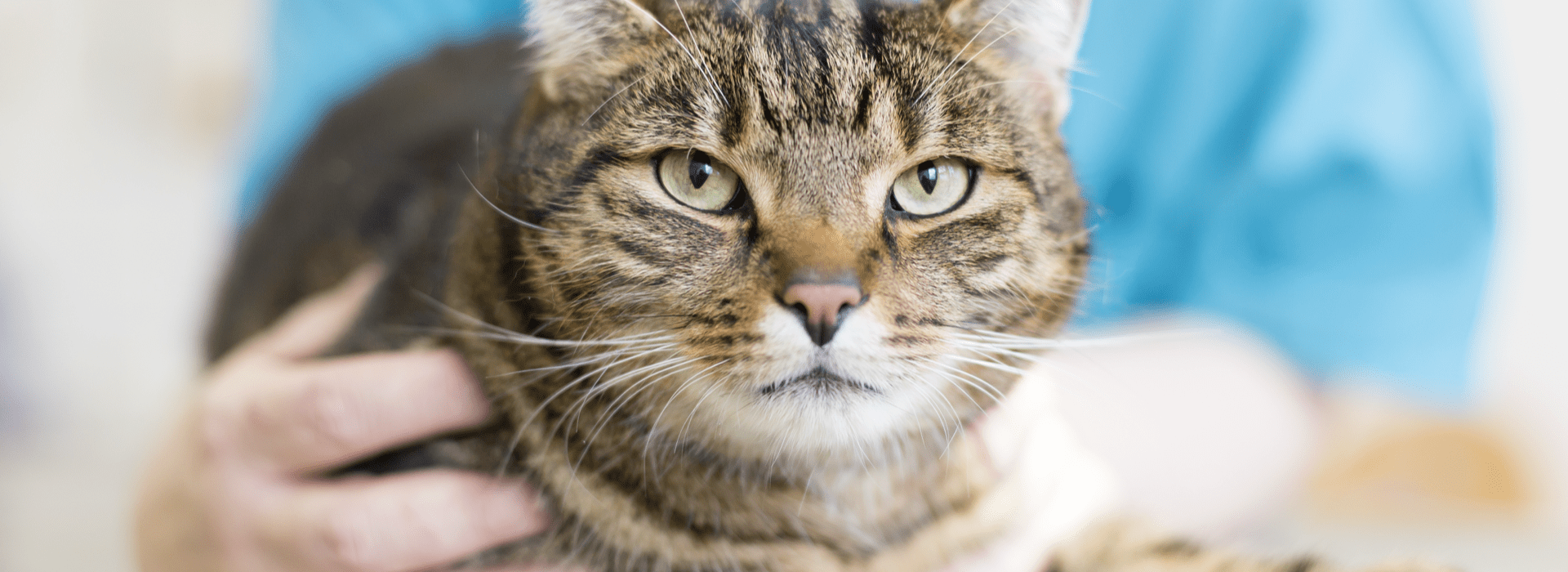It’s normal for your pet to be rowdy every once in a while but prolonged changes in their behaviour could be an indication of an underlying issue. Our veterinary team can assess your pet to determine what support they need to remedy problematic behaviour. Especially if your pet’s behaviour puts others at danger, it’s important to seek help as soon as possible.
What types of problematic behaviour should I look out for in my pet?
Problematic behaviour can range from aggression and irritability, to changes in their bowel movements, like soiling themselves. If you’ve noticed these behaviours over a period of time, they could be an indication of an underlying health concern. It could also be a sign of feeling triggered by anxiety or fear. Our veterinary team will run tests to determine any potential health concerns that could be connected to their behaviour. Once we’ve ruled out any possible medical issues, we’ll determine a plan to either treat the underlying issues or support your pet with behaviour management. If you have concerns about your pet’s behaviour, please contact us at 613.634.7474.
What are common behavioural issues?
One of the common behavioural issues we see in pets is aggression. You could notice your pet being overly protective of you when coming into contact with other animals or people. They might even bark, snarl or bite. Other signs of aggression include:
- Nipping
- Growling
- Dilated pupils
- Arched back
- Hissing
How do you address them?
Once we’ve confirmed any underlying health issues, we’ll work on treating the root cause of the behavioural issues instead of solely focusing on the problematic behaviour. If there aren’t any health issues, we’ll determine environmental triggers or other changes that could be impacting their behaviour. For example, if your pet has experienced sudden changes like moving to a new house or irritants in their environment, these could be triggering their behaviour. We’ll help you assess the best way to support your pet by creating a behavioural counselling plan that supports their unique needs.




